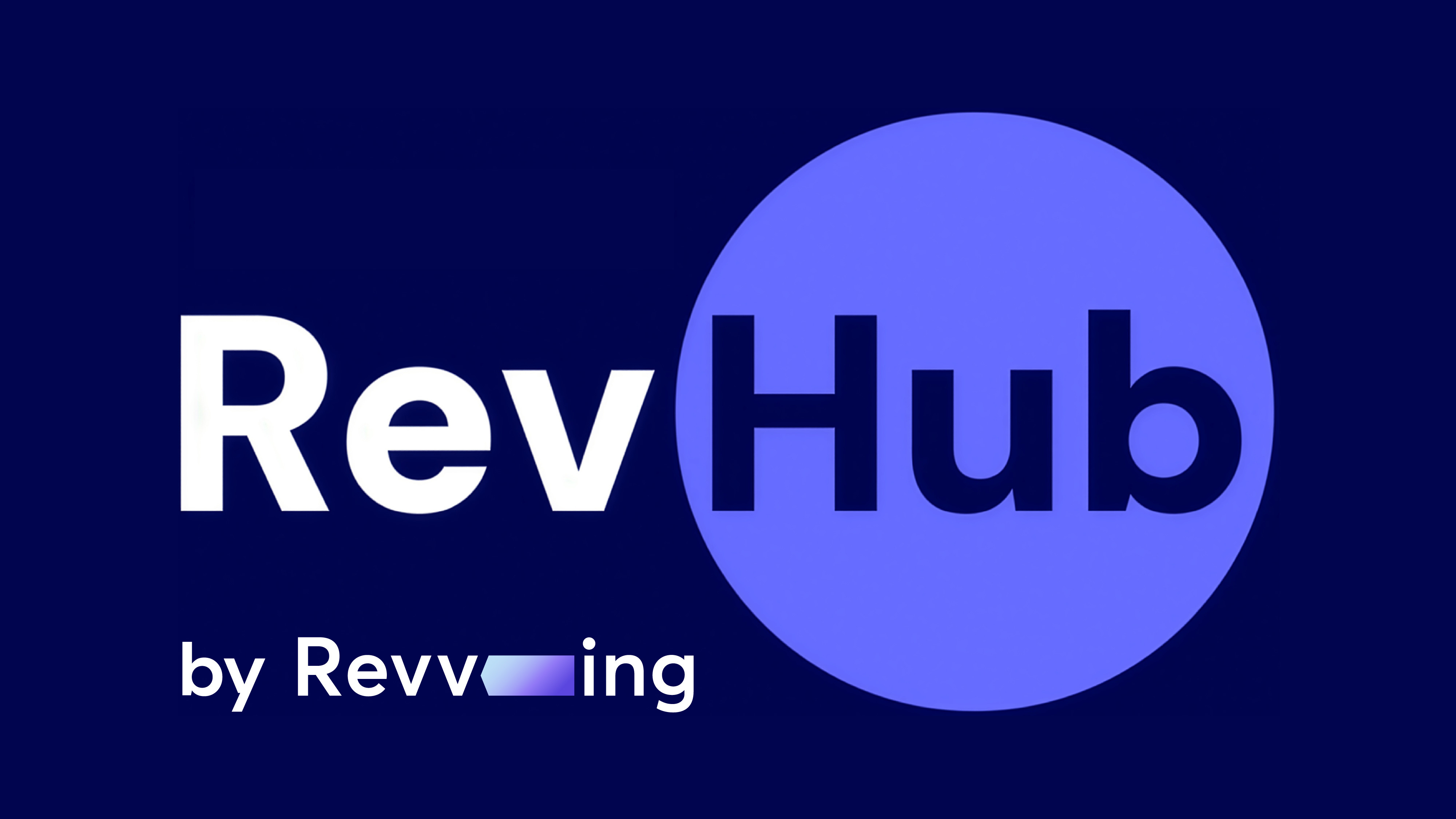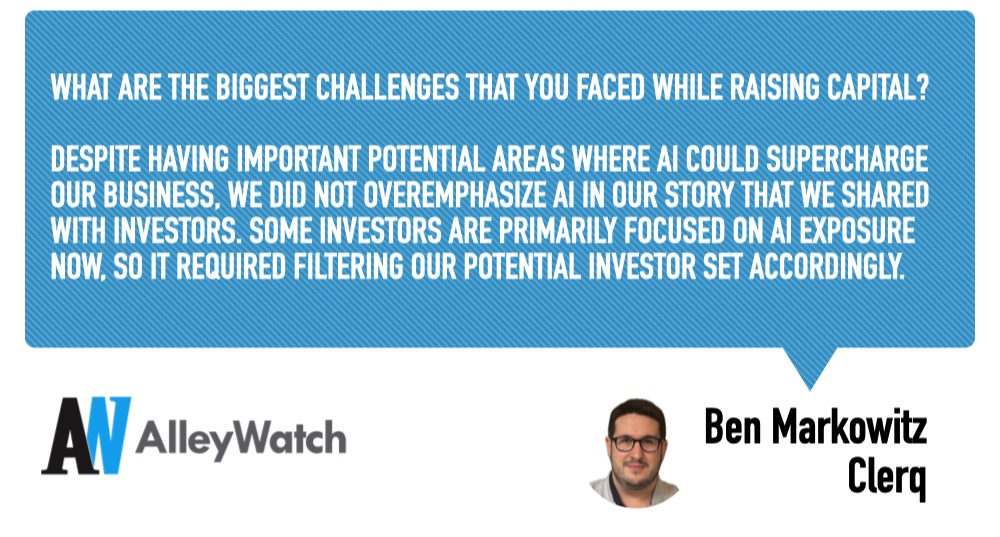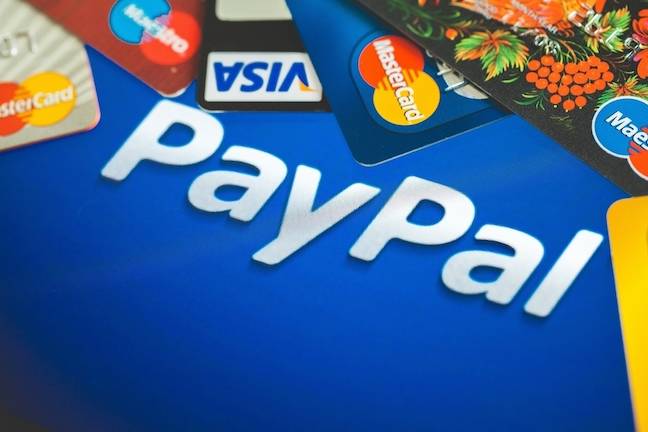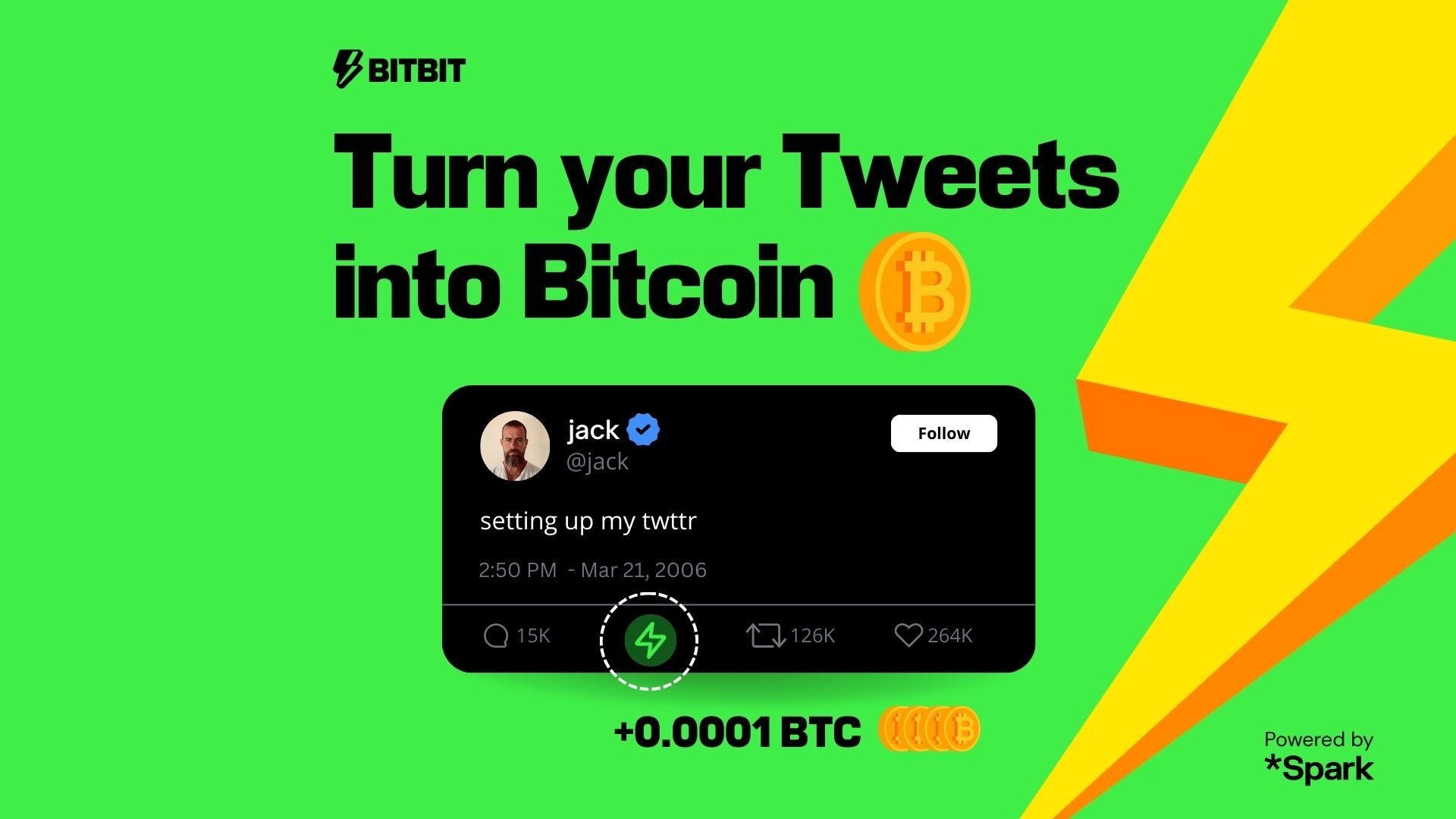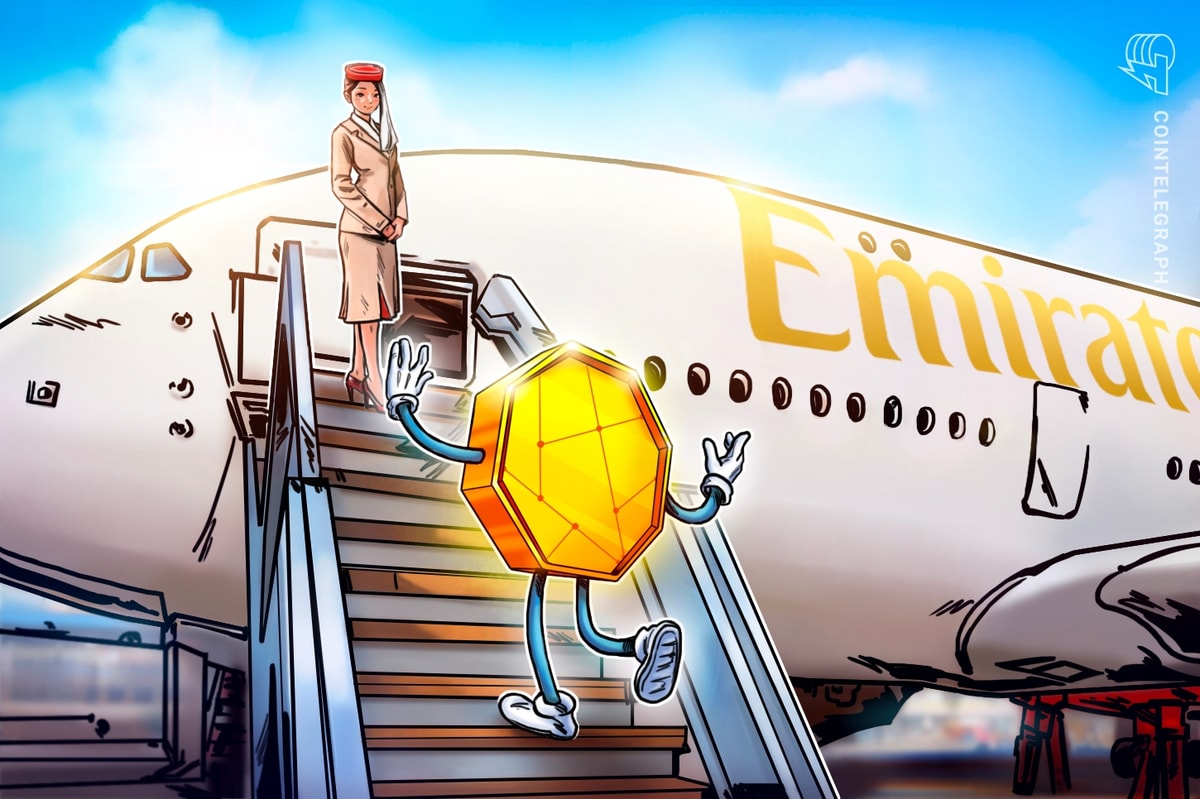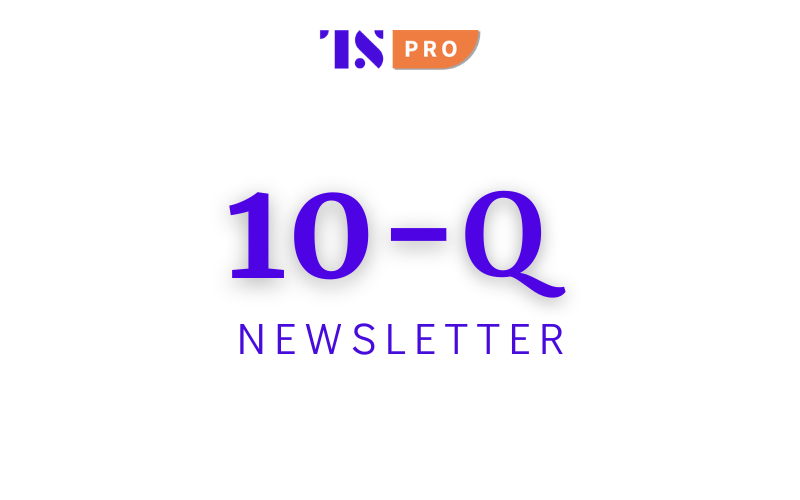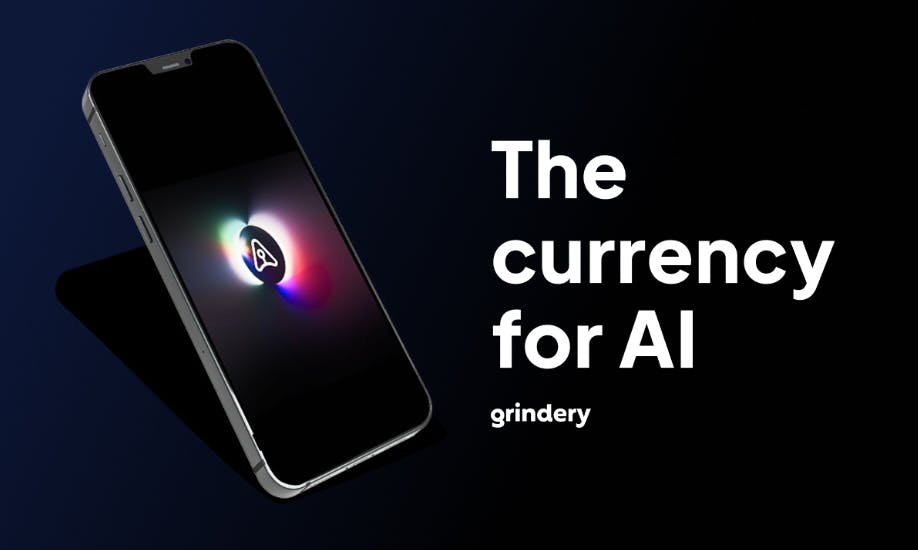#payments
#payments
[ follow ]
#fintech #stablecoins #bitcoin #ai #regulation #visa #cryptocurrency #paypal #small-business #square #lightning-network
fromLondon Business News | Londonlovesbusiness.com
3 days agoHigh interest rates push shoppers from credit to debit cards - London Business News | Londonlovesbusiness.com
This year's survey reveals a significant decline in the use of credit cards, from 14.2% of transactions to 12.6%. With higher interest rates making credit cards a more expensive way to shop, consumers turned to debit cards where usage increased from 62.0% to 64.0% of transactions. As the cost of living crisis eased, some customers returned to old habits. The weekly shop showed signs of a comeback with consumers making fewer but larger transactions.
E-Commerce
Data science
fromBusiness Matters
1 week agoLasma Kuhtarska Biography: From Financial Analyst to Open Banking Pioneer
Lasma Kuhtarska combined quantitative education, data science training, banking experience, and strategic leadership to build Noda, a single-integration payments network connecting thousands of banks.
Tech industry
fromFast Company
1 week agoBlock insiders talk about how Jack Dorsey turned Square into a multidimensional financial services giant
Block reorganized, acquired key businesses, and refocused on simplicity to recover growth after stock declines and missed earnings while better connecting consumers and sellers.
fromBusiness Insider
2 weeks agoOura's CEO wants to put payments and IDs on your fingers
Speaking to Business Insider at the Web Summit tech conference in Lisbon this month, Oura CEO Tom Hale outlined a vision to expand into areas like digital identity and payments. "The idea is very straightforward: What if this is your key? What if this is your wallet?" Hale said of the company's smart rings, which retail for up to $499.
Wearables
from24/7 Wall St.
2 weeks ago3 High-Quality Stocks Getting Stomped by the Market. Time to Buy?
The broader market has surged to record highs in 2025, with the S&P 500 up about 14% year-to-date. Yet this rising tide has left many boats high and dry. A chunk of stocks sits underwater for the year or lag the indexes by double digits, echoing the wide divergences from the late-1990s tech bubble when growth darlings overshadowed steady earners.
Business
#bitcoin
Cryptocurrency
fromBitcoin Magazine
6 months agoBTCPay Server: The Backbone Of Bitcoin Commerce, 2025
BTCPay Server revolutionized Bitcoin payments by eliminating the need for middlemen and enhancing user privacy.
The project emerged from a developer's discontent with Bitpay and has become an integral open-source tool in the Bitcoin ecosystem.
E-Commerce
fromTipRanks Financial
1 month agoKaspi.kz Earnings Call: Strong Growth Amid Challenges - TipRanks.com
Kaspi.kz delivered strong payments and marketplace growth, rapid e‑grocery expansion, and successful new services, while smartphone supply disruptions and external financial factors constrained performance.
fromLondon Business News | Londonlovesbusiness.com
1 month agoHow payment methods shape online casino success in London - London Business News | Londonlovesbusiness.com
Players today expect fast, secure and familiar ways to move money in and out of their accounts, making a case for trusted platforms like PayPal. Many of the best PayPal casinos have gained loyal followings precisely because they offer seamless transactions, minimal processing delays and strong buyer protection measures. And, of course, if players find such experiences, they will likely become loyal.
E-Commerce
fromLondon Business News | Londonlovesbusiness.com
1 month agoThe smarter way to book flights and hotels - London Business News | Londonlovesbusiness.com
If you've ever sat in front of your laptop with ten browser tabs open, each showing slightly different flight prices, you're not alone. Planning a trip can be thrilling at first. You imagine beaches, cafés, or that view from the airplane window. But the actual process? It can feel like a puzzle with too many pieces. Between flight options, hotel filters, and prices that change by the hour, it's easy to lose the excitement before the trip even begins.
E-Commerce
fromFortune
1 month agoMore than half of Gen Z says they only use cash as 'a last resort' and doing so is 'cringe,' survey shows | Fortune
This year, cash ranked as the third-most-used payment method, behind credit and debit cards, according to the Federal Reserve Financial Service's 2025 Diary of Consumer Payment Choice. And Gen Zers are leading the charge in ditching paper for plastic. Results from a Cash App/Harris Poll survey released Thursday shows more than half of Gen Z only uses cash as a "last resort" when paying, and almost a third said people who pay with cash are either "out of touch" or "cringe."
E-Commerce
Business
fromTearsheet
1 month agoThe Quarter Wall Street Changed Gears: Banks move on from rate-driven growth to mapping out what's next - Tearsheet
Major US banks are shifting from rate-driven lending to fee-based infrastructure, prioritizing payments, servicing, and transaction flows as the new growth engine.
fromMedium
2 months agoTrust isn't a feature-it's the interface
Every product team is chasing the same dream right now - smarter, faster, more "AI-powered." But in all that optimization, we forget the thing no model can predict: what it feels like to trust a system you can't see. As Kym Primrose pointed out in "AI Won't Kill UX - We Will", the real threat to user experience isn't technology itself - it's when we let convenience replace care. I see that same tension in building apps that move money: AI isn't what erodes trust.
UX design
fromFortune Crypto
1 month agoWhy Citi believes blockchain is 'here to stay' on Wall Street | Fortune Crypto
When Satoshi Nakamoto introduced Bitcoin to the world in 2008, the pseudonymous coder envisioned his decentralized currency as a reaction to the financial crisis that had paralyzed the global economy. But nearly two decades later, the once renegade crypto industry has become increasingly intertwined with Wall Street. On the latest episode of Fortune's Crypto Playbook (which you can find on Spotify, Apple, and YouTube), Citi's head of enterprise digital assets, Artem Korenyuk, says that there's increasing "synergy" between the two sectors.
Business
fromFast Company
2 months agoThe creator economy won't survive without fixing payments
In Hollywood, actors do not wait half a year to get paid. Under SAG-AFTRA contracts, residuals are distributed within 30 to 60 days of the union receiving payment from studios. That is the standard in one of the world's most complex entertainment ecosystems. Meanwhile, in the creator economy, worth $250 billion and growing, creators are still waiting 90, 120, sometimes even 180 days for money they have already earned.
Film
Miscellaneous
fromBusiness Matters
2 months agoHow the Irish iGaming Boom Is Shaping Fintech Partnerships Across Europe
Ireland's convergence of iGaming and fintech has created a booming, regulated digital ecosystem driving multi-billion-euro growth and fintech innovation in payments and fraud prevention.
fromFortune
2 months agoHow Visa wove AI into every facet of the company by approaching it as both a science and an art | Fortune
According to Rajat Taneja, Visa's president of technology, the global payments company has woven AI into every part of its business. Employees across Visa are tapping AI in their everyday workflows for tasks ranging from data analysis to software development. The company has built more than 100 internal AI-powered business applications tailored to specific use cases and has over 2,500 engineers working specifically on AI. Visa is also using AI to create new products and services for its customers, such as faster onboarding, simplified processes for managing disputes, and infrastructure for agentic AI technologies.
Artificial intelligence
fromAmerican Banker
2 months agoWhy Paze turned to basketball for brand relevance
Early Warning Service's online checkout app Paze is venturing into professional sports with a five-year partnership with the National Basketball Association's Atlanta Hawks, betting major league sports is the ticket to public awareness.
National Basketball Association
Fundraising
fromAlleywatch
2 months agoBoost My School Raises $8M to Modernize Fundraising for K-12 Advancement Teams
Boost My School is a purpose-built fundraising platform consolidating K-12 advancement workflows, modern payment options, engagement features, and demonstrated strong fundraising results and retention.
Cryptocurrency
fromTechCrunch
3 months agoStripe enlists a who's who, including Anthropic, OpenAI, and Paradigm, to build a new blockchain | TechCrunch
Stripe funds blockchain company Tempo to enable high-volume stablecoin processing, backed by major corporate design partners and led by Paradigm co-founder Matt Huang.
Tech industry
fromLawSites
3 months agoAt Its Inaugural Kaleidoscope Conference, 8am's CPO Announces AI Tools, Platform Integration and More
8am unified LawPay, MyCase, and SmartSpend on a single platform and launched AI features including "Chat with Cases" and automated legal document data extraction.
fromBusiness Matters
3 months agoWhy Building Your Own Stripe Is a Trap (And How White-Label Saves Startups Millions)
Every startup founder dreams of control. Building a sleek payment system in-house feels bold, innovative and even empowering. After all, Stripe began as a small project - why not follow the same path? The idea of owning every detail of the payment experience can be intoxicating. But behind that dream lies a reality few anticipate: endless complexity, hidden expenses and a dangerous distraction from the core product.
Startup companies
Artificial intelligence
fromTearsheet
3 months agoAmex's B2B servicing model: Hand-holding through the messy middle of digitization - Tearsheet
American Express smooths business transitions from checks to digital by using a servicing model to deploy virtual cards, APIs, faster rails, and generative AI.
fromMarTech
6 months agoIAB releases draft digital advertising invoice API specifications | MarTech
Despite the digital nature of our industry, the way we handle invoices is still largely manual and outdated. This effort reflects our commitment to modernizing digital advertising infrastructure, which will enable scalable, tech-forward solutions that work across platforms and stakeholders.
Marketing tech
fromLondon Business News | Londonlovesbusiness.com
7 months agoBarclays' payment business sold to private equity giant - London Business News | Londonlovesbusiness.com
Finding a partner to support us in transforming our payment acceptance business... demonstrates clear execution of our three-year plan to become a simpler, better and more balanced bank.
London startup
fromTearsheet
7 months ago"Taking the hardest path in payments": How Adyen's new AI platform boosts conversion while reducing fraud - Tearsheet
"I think the approach we've taken is to, instead of kind of make AI the end goal... we kind of ask ourselves, okay, what is really our end goal as a business, right?"
Artificial intelligence
[ Load more ]



